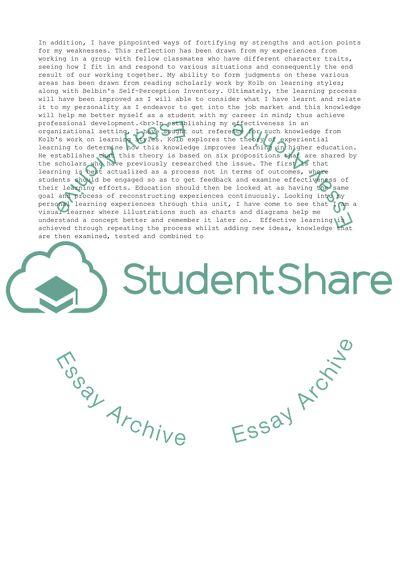Cite this document
(Reflective Portfolio Essay Example | Topics and Well Written Essays - 2000 words - 2, n.d.)
Reflective Portfolio Essay Example | Topics and Well Written Essays - 2000 words - 2. https://studentshare.org/human-resources/1804012-reflective-portfolio
Reflective Portfolio Essay Example | Topics and Well Written Essays - 2000 words - 2. https://studentshare.org/human-resources/1804012-reflective-portfolio
(Reflective Portfolio Essay Example | Topics and Well Written Essays - 2000 Words - 2)
Reflective Portfolio Essay Example | Topics and Well Written Essays - 2000 Words - 2. https://studentshare.org/human-resources/1804012-reflective-portfolio.
Reflective Portfolio Essay Example | Topics and Well Written Essays - 2000 Words - 2. https://studentshare.org/human-resources/1804012-reflective-portfolio.
“Reflective Portfolio Essay Example | Topics and Well Written Essays - 2000 Words - 2”. https://studentshare.org/human-resources/1804012-reflective-portfolio.


